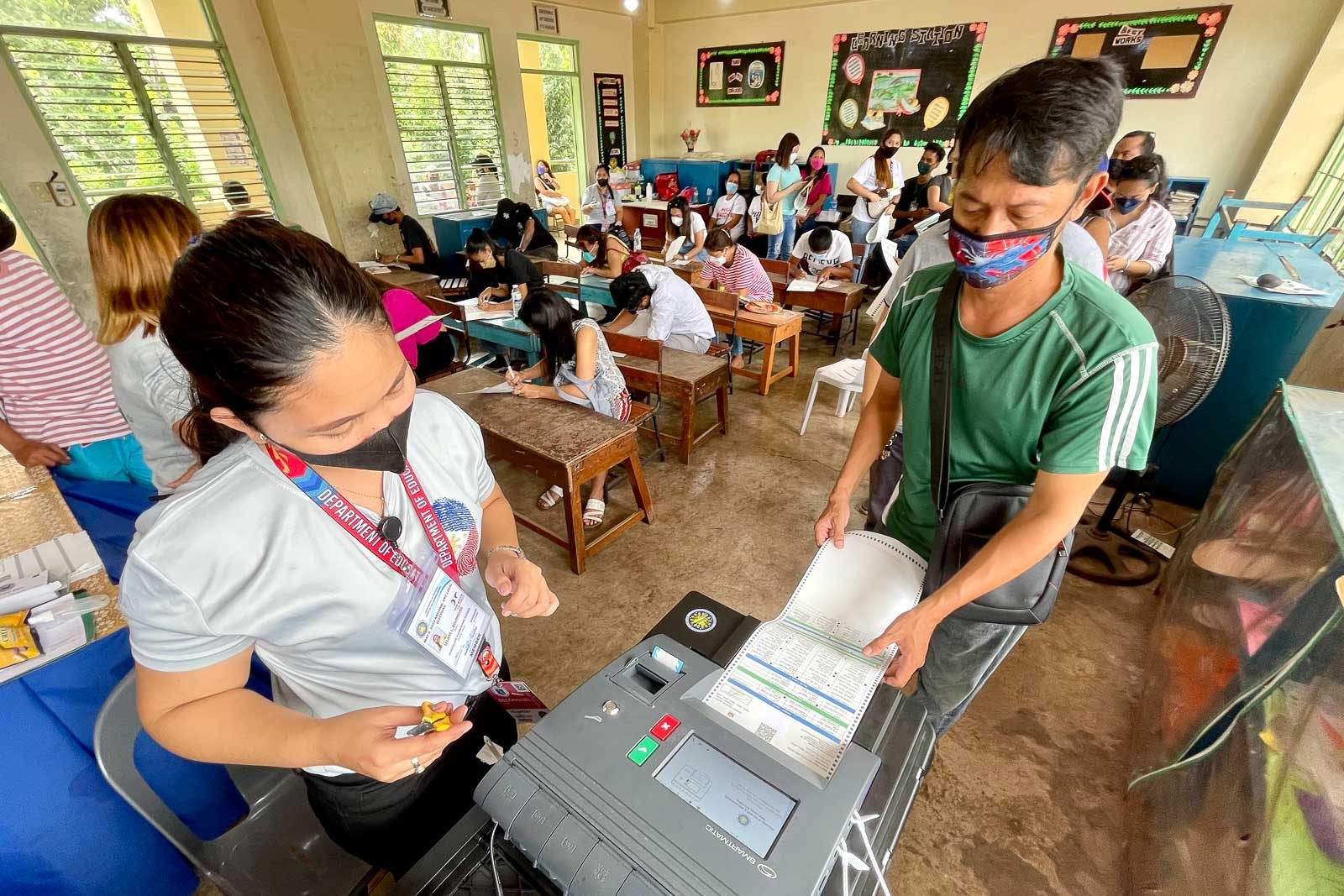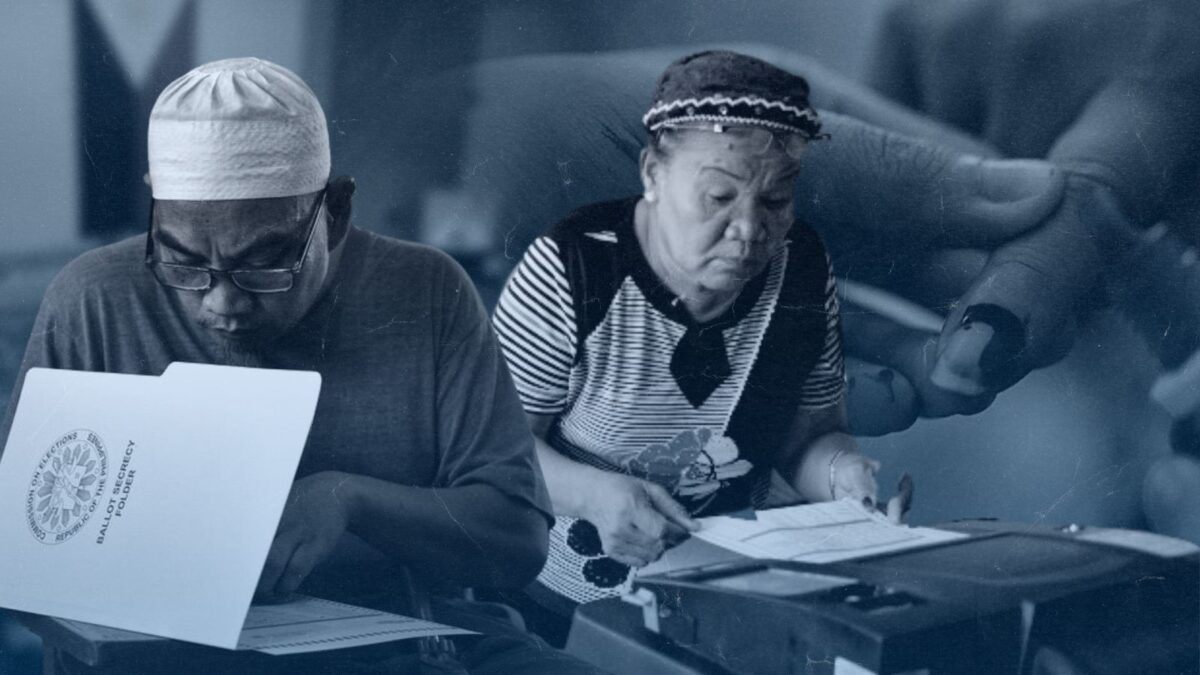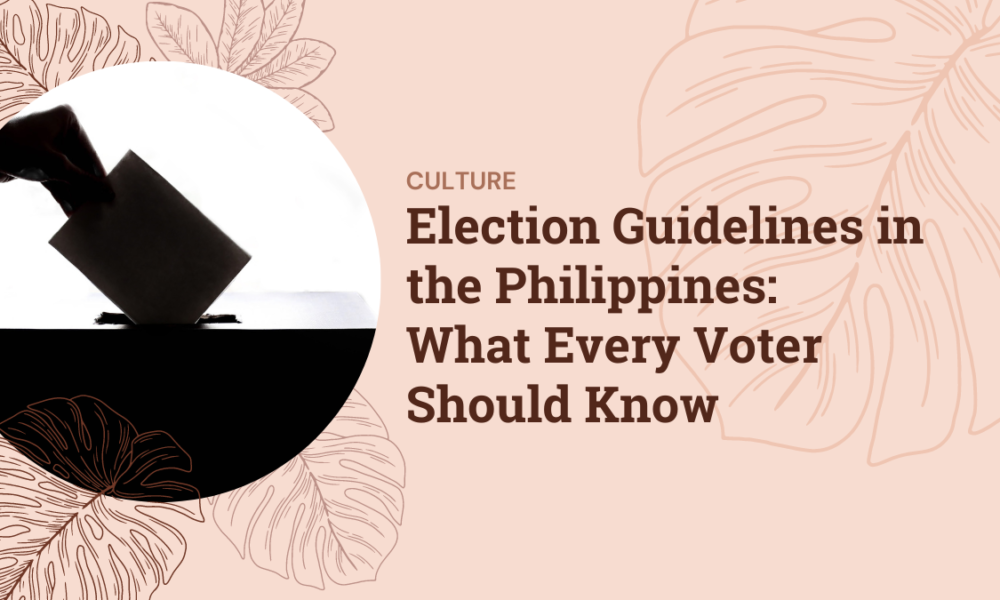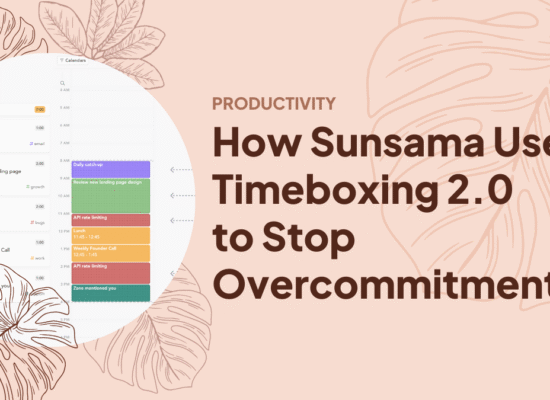Table of Contents
As we approach the midterm election in the Philippines scheduled for May 2025, it’s crucial to understand the immense power your vote holds. The Philippine electoral system, guided by comprehensive election guidelines, provides every eligible citizen the opportunity to shape the nation’s future. Your vote is not just a mark on a ballot; it’s a voice that echoes through the halls of governance, influencing policies that affect your daily life and the country’s trajectory.
Understanding the Basics of Election Guidelines Philippines
The Commission on Elections (COMELEC) has established clear election guidelines in the Philippines to ensure a fair and transparent voting process. Here are some key aspects every Filipino voter should be aware of:
Key dates and deadlines:
- Voter registration deadline: September 30, 2024
- Filing of certificates of candidacy: October 1-8, 2024
- Campaign period for national positions: February 11–May 10, 2025
- Campaign period for local positions: March 28–May 10, 2025
- Election Day: May 12, 2025
Voter registration process:
To participate in the Philippine elections, you must be registered as a voter. The process involves:
- Visiting your local COMELEC office
- Filling out the application form (CEF-1A)
- Providing valid identification
- Submitting to biometric data capture
Voting requirements and procedures:
On Election Day, remember to:
- Bring a valid ID
- Locate your assigned precinct
- Follow instructions from poll workers
- Mark your ballot clearly and confidentially
- Ensure your ballot is properly cast in the vote-counting machine
The Filipino Voter’s Responsibility

Exercising your right to vote:
As a Filipino voter, it’s not just your right, but your responsibility to participate in elections. This means:
- Staying informed about candidates and issues
- Critically evaluating campaign promises and platforms
- Resisting the temptation of vote-buying or selling
The long-term impact of informed voting:
Your vote has far-reaching consequences that extend beyond election day. By choosing credible leaders over popular personalities, you contribute to:
- Better governance and policymaking
- Improved public services and infrastructure
- Economic stability and growth
How your vote affects quality of life and mental health:
The leaders we elect directly influence our daily lives and well-being. Thoughtful voting can lead to:
- Enhanced social services, including healthcare and education
- Improved job opportunities and economic conditions
- A more stable and secure living environment
Remember, the power to shape the Philippines’ future lies in your hands. By understanding and following the election guidelines Philippines has set forth, you play a crucial role in our democracy. Don’t fall for fake news or misinformation, and be wary of pre-campaign activities that may violate election rules. Instead, focus on actionable plans and feasible platforms. Your informed vote is an investment in a better future for all Filipinos.
Evaluating Candidates: Beyond Popularity
In the Philippine elections, it’s crucial for every Filipino voter to look beyond a candidate’s popularity and charisma. The election guidelines Philippines provides emphasize the importance of informed decision-making. Here’s how you can evaluate candidates more effectively:
Researching candidate backgrounds and track records:
Before casting your vote in the election in the Philippines, take time to:
- Examine candidates’ educational and professional backgrounds
- Review their past performance in public office or private sector
- Look for concrete achievements and policy initiatives they’ve championed
Assessing credibility vs. charisma:
While charisma can be appealing, credibility should be the cornerstone of your decision:
- Look for candidates who demonstrate integrity and consistency in their actions
- Pay attention to how they handle criticism and tough questions
- Evaluate their ability to articulate clear, feasible plans for addressing national issues
The dangers of “trapo” politicians:
“Trapo” (traditional politician) is a term often used in Philippine elections to describe politicians who engage in unethical practices. Be wary of candidates who:
- Rely heavily on name recognition or family connections
- Make grandiose, unrealistic promises
- Have a history of corruption or switching political allegiances for personal gain
Spotting Red Flags in Election Campaigns
As a responsible Filipino voter, it’s essential to be vigilant and recognize potential violations of election guidelines Philippines has established. Here are some red flags to watch out for:
Pre-campaign tactics: What to watch out for:
Some aspiring candidates may attempt to gain an unfair advantage by:
- Distributing campaign materials before the official campaign period
- Using government resources for personal promotion
- Engaging in early vote-buying activities disguised as “assistance programs”
Recognizing vote-buying attempts:
Vote-buying is a serious violation of election guidelines in the Philippines. Be alert to:
- Offers of cash, goods, or services in exchange for your vote
- Sudden increases in “gift-giving” or “community assistance” as elections approach
- Pressure from local leaders or influential figures to support specific candidates
The pitfalls of short-term relief promises:
During Philippine elections, some candidates may try to sway voters with promises of immediate benefits. Be cautious of:
- Pledges for quick fixes to complex national problems
- Promises of instant cash handouts or debt forgiveness
- Vague commitments without clear implementation plans
Remember, as a Filipino voter, your role in upholding the integrity of the election in the Philippines is crucial. Don’t be swayed by short-term offers or flashy campaigns. Instead, focus on candidates who demonstrate a genuine commitment to long-term national development and the well-being of all Filipinos.
Navigating Information During Philippine Elections

In the age of information overload, Filipino voters face the challenge of discerning truth from fiction during election in the Philippines. Understanding how to navigate this landscape is crucial for adhering to the spirit of election guidelines Philippines has established.
Identifying and avoiding fake news:
- Be skeptical of sensational headlines or stories that seem too good (or bad) to be true
- Check the source of information and be wary of unfamiliar websites
- Look for telltale signs like poor grammar, excessive use of capital letters, or manipulated images
Fact-checking candidate claims:
- Cross-reference statements with official records and reputable news sources
- Use fact-checking websites dedicated to Philippine elections
- Pay attention to context and be wary of cherry-picked statistics
Reliable sources for election information:
- Official COMELEC website and social media accounts
- Reputable national and local news organizations
- Non-partisan election monitoring groups and civic organizations
Making an Informed Decision
As a Filipino voter, your responsibility extends beyond simply casting a ballot. The election guidelines Philippines provides emphasize the importance of making well-informed choices.
Analyzing campaign promises vs. actionable platforms:
- Look for detailed policy proposals rather than vague promises
- Assess whether candidates provide clear steps for implementing their plans
- Consider how proposed policies align with current national needs and challenges
Evaluating the feasibility of proposed programs:
- Consider the financial and logistical requirements of proposed initiatives
- Look for candidates who demonstrate an understanding of existing government structures and processes
- Be cautious of promises that seem unrealistic given the country’s current resources and capabilities
Looking beyond catchy slogans:
- Dig deeper into the substance behind memorable campaign taglines
- Attend or watch candidate debates and forums to hear detailed explanations of platforms
- Research candidates’ past actions and how they align with their current campaign messaging
Your Vote, Your Future
Understanding the profound impact of your vote is crucial in Philippine elections. Each ballot cast shapes not just the immediate political landscape but the long-term future of the nation.
The ripple effect of individual votes:
- Your vote contributes to the collective voice of your community and region
- Elected officials make decisions that affect various aspects of daily life, from local infrastructure to national policies
- Voting patterns influence future political strategies and policy directions
How informed voting shapes the Philippines’ future:
- Electing competent leaders can lead to improved governance and public services
- Thoughtful voting can contribute to long-term economic stability and growth
- Choosing leaders with integrity can help combat corruption and strengthen democratic institutions
Encouraging civic engagement among fellow voters:
- Share reliable information about the election process and candidates with your network
- Encourage friends and family to register and vote, emphasizing the importance of each ballot
- Participate in community discussions and forums about election issues
As a Filipino voter, you hold the power to influence the trajectory of your nation. Remember, your vote is not just about the next few years; it’s about shaping the Philippines’ future for generations to come. Embrace your role in this crucial process and encourage others to do the same. Together, informed and engaged voters can drive positive change and progress for the entire nation.
Conclusion
As we approach the upcoming election in the Philippines, it’s crucial to remember that the power to shape our nation’s future lies in the hands of every Filipino voter. The Philippine elections are more than just a civic duty; they’re an opportunity to voice our aspirations for the country and choose leaders who can turn these aspirations into reality.
As responsible voters, we must:
- Stay informed about the election process and candidates
- Critically evaluate campaign promises and platforms
- Resist the allure of short-term benefits in favor of long-term progress
- Encourage others to participate actively in the electoral process
Remember, the election guidelines Philippines provides are designed to ensure a fair and transparent process, but it’s up to us as voters to engage critically with the information presented to us. As we prepare for the upcoming Philippine elections, let’s commit to being not just voters, but informed and empowered agents of change. Our collective choices will shape the path our nation takes in the years to come. Let’s make those choices count by staying vigilant, critical, and engaged throughout the electoral process.
Your vote is your voice. Use it wisely, use it responsibly, and use it to build the Philippines we all aspire to live in. Together, as informed and empowered Filipino voters, we can drive meaningful change and progress for our beloved nation.







No Comment! Be the first one.